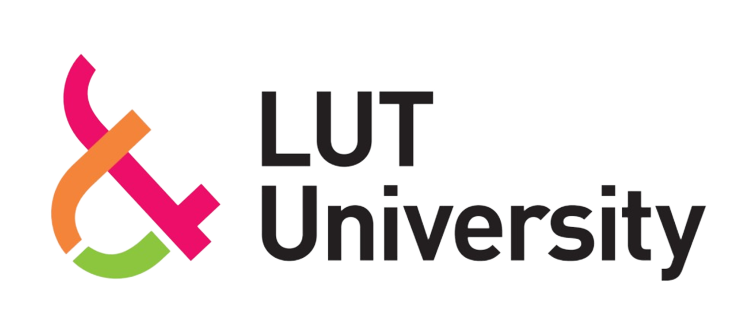Benefit of studying in
Finland
Finland is a Nordic welfare state that aims tobe carbon Neutral by 2035 .Around 75% of its surface is covered with forests.Finland is famous for being the Happiest Country in the world as well as having the world's best education system and cleanest air and water. Public services run smoothly ,there are low levels of crime and corruption and there is an earned trustbetween
the Government and the Public.All of this works together to create a functioning societynand a culture of looking out for everyone.
Most Universities in Finland are internationally recognized
Students prefer to study in Finland due to the quality of teaching which is equal to the degree of other countries.
Tuition fees in Finland is around Euro 5000 to Euro 12000 per year which is cheaper than other countries.
International students can work 30 hrs per week, while studying and it is quite easy for me to earn my living cost. Studying in Finland can be a rewarding experience, as the country is known for its high-quality education system, innovation, and a high standard of living. Here's a guide to help you understand the process of studying in Finland:
1. Choose a Program and University:
- Research and choose the program and university that best align with your academic and career goals.
- Check the admission requirements for your chosen program.
2. Language Proficiency:
- Many programs in Finland are offered in English, but you may need to demonstrate proficiency through standardized tests like IELTS or TOEFL.
3. Application Process:
- Apply directly to the university of your choice. Each university may have its own application process and deadlines.
- Prepare the necessary documents, including academic transcripts, letters of recommendation, and a personal statement.
4. Student Residence Permit:
- If you are a non-European Union (EU) or European Economic Area (EEA) citizen, you will likely need a residence permit to study in Finland.
- Apply for a student residence permit from the Finnish Immigration Service.
5. Financial Considerations:
- Check the cost of living in Finland and ensure you have sufficient funds to cover your living expenses.
- Explore scholarship opportunities, as there are various scholarships available for international students.
6. Health Insurance:
- Health insurance is mandatory for students in Finland. Ensure you have comprehensive coverage for the duration of your stay.
7. Housing:
- Explore housing options, which may include university dormitories or private accommodation.
8. Integration and Orientation:
- Attend orientation sessions organized by your university to familiarize yourself with the academic and social aspects of life in Finland.
9. Part-Time Work:
- Non-EU/EEA students are allowed to work part-time during their studies. Check the regulations and opportunities available.
10. Finnish Culture and Language:
- Familiarize yourself with Finnish culture and customs. Learning some basic Finnish phrases can be beneficial, although many Finns speak English.
11. Networking and Extracurricular Activities:
- Join student organizations or participate in extracurricular activities to meet people and enhance your overall experience.
12. Post-Graduation Opportunities:
- Explore post-graduation options, such as finding employment or pursuing further studies.
Additional Tips:
- Finland has a strong emphasis on equality, and students are encouraged to actively participate in discussions and express their opinions.
- Take advantage of the unique opportunities for outdoor activities and cultural experiences in Finland.
Always check with the specific university and official Finnish government websites for the most accurate and up-to-date information regarding admissions, visas, and other requirements.

institute
Our Partner Institutions of Finland




